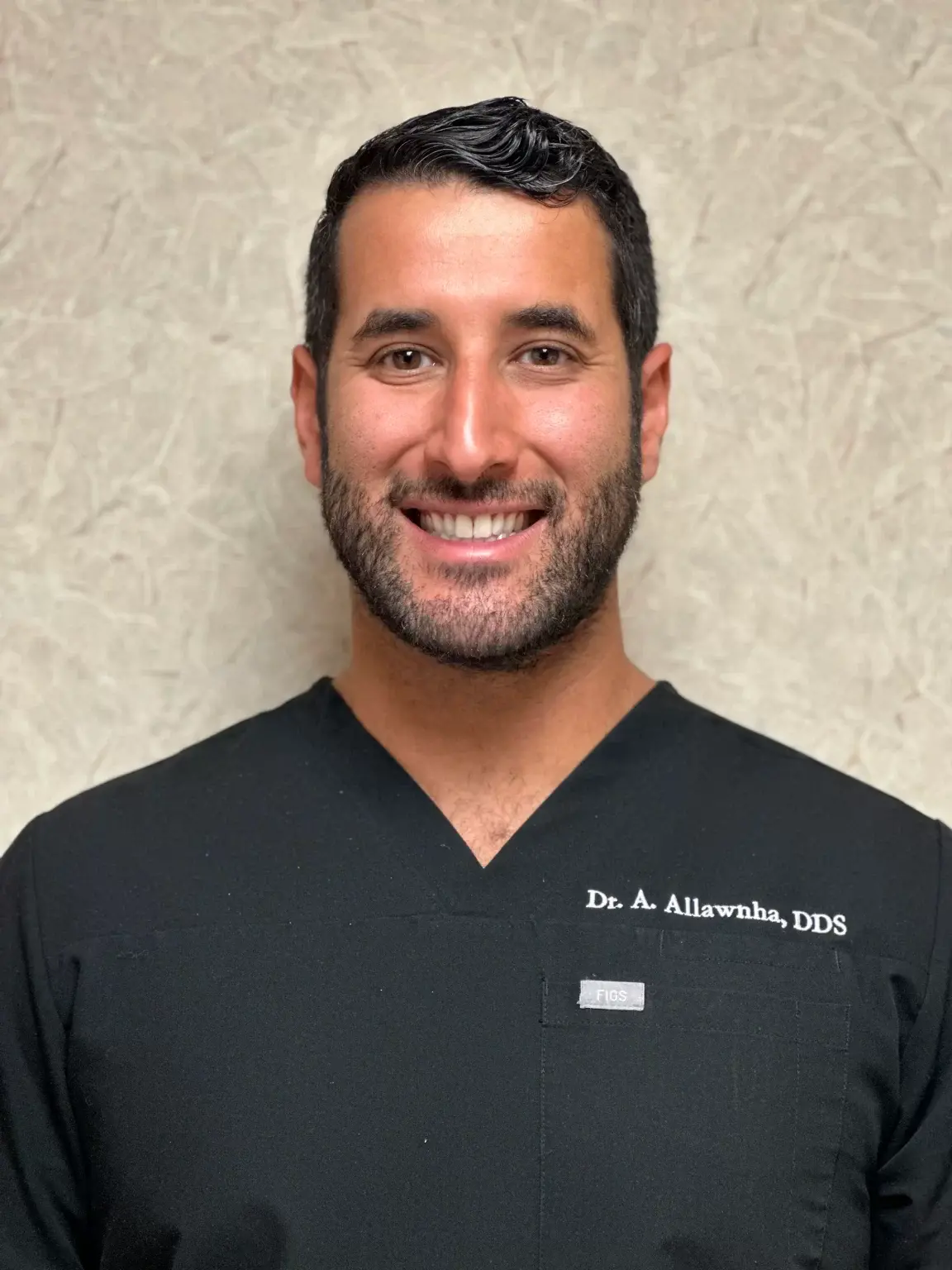Everyone wants a brighter, whiter smile. But did you know that healthy teeth also mean a healthier overall self?
Your appearance and general health are greatly affected by how well you care for your pearly whites. Poor dental hygiene, tooth decay, and gum disease are all linked to various diseases, including Alzheimer’s and some forms of cancer.
Keeping your teeth healthy is essential for your overall health. This may make coffee lovers a bit concerned about the effects of their daily brew. Coffee, after all, is a well-known cause of tooth staining, decay, and other dental problems.
Don’t worry; you can keep your smile bright and teeth healthy and still enjoy your favorite cup of joe. But first, let’s learn what coffee does to our teeth.
Effects of Coffee on Teeth and Gum Health
Is coffee good for your teeth? Most would answer that it isn’t. However, recent research has shown that it can benefit oral health if you drink it in moderation. Here are some of the positive and negative effects of coffee on oral health:
Pro: Rich in Antioxidants
Drinking coffee in moderation helps protect your teeth. Coffee is rich in natural antioxidants like trigonelline that help prevent cavity-causing bacteria from entering the tooth’s enamel.
Cons: Bad Breath
Coffee is often linked to bad breath. Its smell can linger in your mouth and turns it into the perfect breeding ground for bacteria that can cause cavities and foul odors.
Pro: Prevents Tooth Decay
Recent research shows that coffee can potentially help reduce tooth decay risk. However, it all depends on how you take your coffee. According to a 2009 study published in the Journal of Conservative Dentistry, coffee’s natural antibacterial qualities help prevent tooth decay. However, this is only true if you take coffee black. Adding milk, sugar, and creamer to coffee reduces its protective benefits.
Cons: Makes Teeth Enamel Weak
Our teeth are protected by enamel. Too much coffee makes enamel weak and teeth more sensitive to trauma and disease. This is even worse if you drink coffee with sugar and milk.
Pro: Prevents Inflammation
A Boston University study discussed the effects of coffee on gums and teeth. According to him, coffee has anti-inflammatory properties that help prevent bone loss and gum disease. This is quite logical, considering that swelling is one of many signs of gum disease. Reducing swelling can delay the progression of gum disease.
Cons: Stains Teeth
A rule of thumb states that if something can stain your clothes will stain your teeth. This applies to wine, coffee, and tea. They all contain tannins, which are polyphenols that cause color compounds to stick to your teeth, making them yellow.
High levels of acidity are also a hallmark of coffee. Acidic drinks can soften enamel over time, making it easier for stains to set in.
Cons: Increases Tooth Decay Risk
Coffee is indeed a double-edged sword. Moderately drinking coffee benefits oral health; drinking too much will increase your risk of tooth decay, particularly if you drink it with sugar or creamer. The bacteria in your mouth weaken enamel by using sugar to produce acids and plaque, making your teeth more susceptible to cavities and sensitivity.
Tips for Healthy Teeth: Coffee Lover’s Edition
You don’t need to give up coffee to maintain a bright smile and strong teeth. These simple habits can help protect teeth from coffee.
Use a straw.
Using a straw is the best way to avoid coffee stains. Drinking your favorite beverage through a straw allows coffee to flow straight to your throat without getting in contact with your teeth.
Use whitening toothpaste or mouthwash.
Using a toothpaste or mouthwash with whitening ingredients helps remove surface stains from your enamel and gives your teeth a good clean. They have blue covarine, a chemical that sticks to teeth and gives them a whiter appearance, while whitening mouthwashes may contain hydrogen peroxide that whitens teeth. Ask your dentist for recommendations on the best toothpaste for coffee stains.
Brush your teeth 30 minutes after drinking coffee.
After you have finished your coffee, brush your teeth. But, wait at least 30 minutes before brushing. The acids in coffee are still affecting your enamel, making it soft. Waiting at least 30 minutes before brushing your teeth will prevent you from inflicting more damage to your teeth.
Visit your dentist regularly.
The best way to get rid of coffee stains on teeth is to visit your dentist regularly. These regular dental appointments allow them to clean your teeth thoroughly while checking for signs of tooth decay and cavities. This helps remove surface stains and plaque, keeps enamel healthy, and decreases the likelihood of stains.
Drink your coffee without sugar, creamer, and other additives.
You can enjoy coffee’s benefits more by drinking it without sugar, creamers, or milk. These only encourage the growth of bacteria that causes staining, bad odors, and cavities. Don’t drink your coffee by taking small sips throughout the day; drink it in one sitting. Rinse your mouth with water after you have finished your coffee.
Key Takeaway
Coffee is a double-edged sword. It has beneficial properties that help keep teeth healthy, but drinking too much can lead to dental problems like bad breath, staining, and cavities. However, you don’t need to give up coffee for healthy teeth. Teeth whitening for coffee drinkers is as easy as visiting their dentists regularly and using teeth whitening products. You can also drink coffee through a straw to prevent it from getting in contact with your teeth and drink it without sugar and other additives. You should also brush your teeth after drinking coffee, but wait at least 30 minutes before doing so.
Enjoy coffee and healthy teeth with Century Dental.
Our dentist near South Pasadena, FL, is the best person to talk to about keeping teeth healthy. Aside from preventive dental procedures that maintain oral health, they also provide teeth whitening services like Philips Zoom. It’s perfect for those who want whiter teeth without waiting too long. Call us today, and take a step closer to better oral health.





